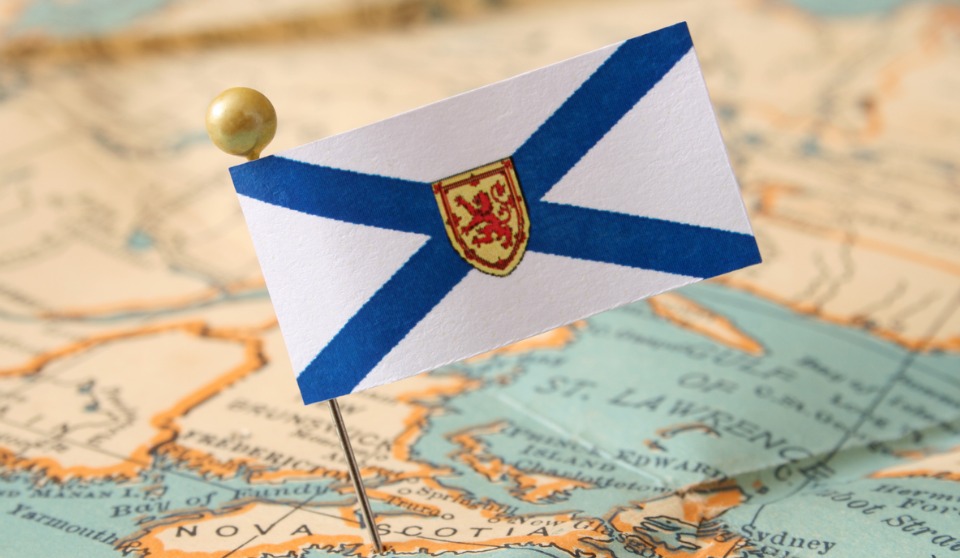The cancellation of a license plate reflecting a Nova Scotia man’s surname, “GRABHER,” was upheld

A license plate is not considered a public place over which one can claim the right to freedom of expression.
In Grabher v. Nova Scotia (Registrar of Motor Vehicles), 2020 NSSC 46, Lorne Wayne Grabher filed an application with the Supreme Court of Nova Scotia, seeking a declaration that the cancellation of his license plate infringed his rights to free expression and equality, as enshrined in s. 2(b) and s. 15 of the Canadian Charter of Rights and Freedoms, respectively.
Grabher’s family is of Austrian-German heritage, immigrating to Canada in 1906. The family first obtained the personalized license plate “GRABHER” some 27 years ago, which had then been annually renewed with the Registrar of Motor Vehicles. However, the Registrar cancelled the plate in January 2017, reasoning that “GRABHER” could be misinterpreted as a socially unacceptable slogan.
Justice Darlene Jamieson, writing for the Nova Scotia Supreme Court, agreed with the respondent’s assertion that a license plate is not covered by the right to free expression. In considering the historical or actual function of the location of the expression, Jamieson said that a government-issued license plate is not considered a public place over which there is a history of free expression. Rather, its function is governmental in nature, relating to the identification and regulation of vehicle ownership.
Grabher argued that license plates are comparable to the sides of buses, which case law has previously found to be protected by the right to free expression. Jamieson responded that the case cited, Greater Vancouver Transportation Authority v. Canadian Federation of Students — British Columbia Component, 2009 SCC 31, covered political speech, which is a different situation. In that case, the Supreme Court of Canada held that the assailed legislative provisions, which prohibited political advertising on the sides of buses, unjustifiably restricted the right to free expression.
Jamieson then called attention to the fact that, while the government may directly control and strictly regulate license plates, Mr. Grabher can freely express his surname in property located close to the license plate, for example, through a bumper sticker.
With regard to Mr. Grabher’s argument that his equality rights had been breached, Jamieson disagreed, saying that the Registrar’s decision to cancel the plate had not intended to rob him of his pride over his Austrian-German heritage and over the immigrant history of his family. Regardless of the nationality or ethnic origin of the person involved, the Registrar would have still cancelled a personalized plate with “GRABHER” because of the possibility that its contents may be interpreted as a socially unacceptable statement.
For these reasons, the court held that Mr. Grabher’s constitutional rights to free expression and equality had not been violated.










